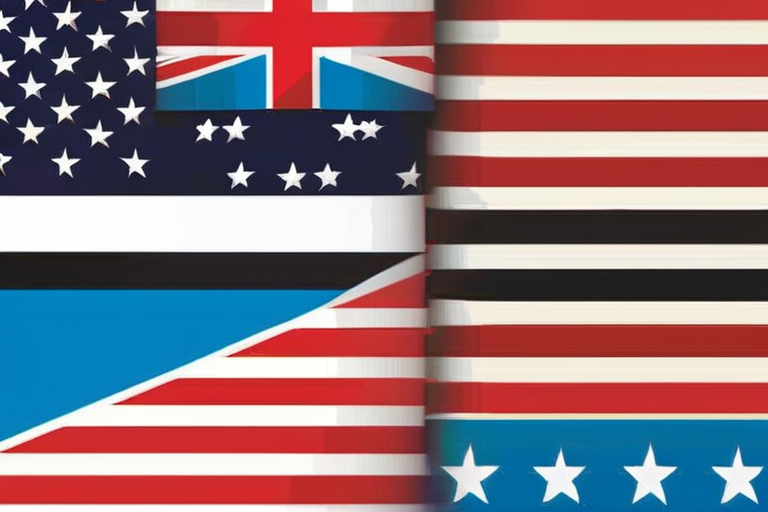US Sends Second 'Third-Country' Deportation Flight to Eswatini Amid Human Rights Concerns
The United States has sent its second so-called "third-country" deportation flight to the tiny southern African nation of Eswatini, despite growing criticism from human rights activists. On Monday, Eswatini's government confirmed that it had received ten deportees from the US who were not nationals of the kingdom.
According to the White House, the individuals on board had committed serious crimes in the United States and were therefore deported under a secretive agreement between the two countries. However, neither the US nor Eswatini has revealed the nationalities of the deportees, fueling concerns that they may be vulnerable individuals who could face persecution or harm upon arrival.
US-based immigration lawyer Tin Thanh Nguyen said that the deportees included "individuals with serious medical conditions and those who had been living in the US for many years." Nguyen added, "The whole scheme stinks. It's a way for the US to get rid of people it doesn't want anymore without taking responsibility for their well-being."
Eswatini's government has maintained that the deportations are part of a bilateral agreement between the two countries, which was reportedly negotiated during President Donald Trump's administration. The agreement has been shrouded in secrecy, sparking concerns among human rights activists and opposition groups.
The US has been sending "third-country" deportation flights to Eswatini since July, when five deportees were sent to the kingdom without fanfare. The move has raised eyebrows globally, with many questioning the wisdom of outsourcing deportation efforts to a small African nation with limited resources.
In an interview with Reuters, Zakhele Mabuza, a prominent activist in Eswatini, expressed concerns about the impact on local communities. "We are worried that these deportees may bring new challenges to our already strained social services," Mabuza said. "We urge the government to be transparent and accountable for its actions."
The US has maintained that the deportations are necessary to ensure public safety and uphold immigration laws. However, critics argue that the secretive agreement between the two countries undermines international human rights standards and may lead to further abuses.
As the controversy surrounding the deportations continues to unfold, Eswatini's government is facing mounting pressure from local activists and opposition groups to provide more information about the deal with the US. The next developments in this saga remain uncertain, but one thing is clear: the global community will be watching closely as this story continues to evolve.
Background:
Eswatini, formerly known as Swaziland, is a small African nation with a population of around 1 million people. It has been ruled by an absolute monarchy since independence from British colonial rule in 1968. The country has faced criticism for its human rights record, including restrictions on freedom of speech and assembly.
The US-Eswatini agreement has sparked concerns among human rights activists globally, who argue that it sets a worrying precedent for other countries to follow suit. The move has also raised questions about the role of the US in outsourcing deportation efforts to smaller nations with limited resources.
Additional perspectives:
"This is a classic example of how powerful countries can exploit weaker ones," said Dr. Nthabi Mokone, a human rights expert at the University of Cape Town. "The agreement between the US and Eswatini raises serious concerns about the well-being of these deportees and the impact on local communities."
"We urge the international community to hold both countries accountable for their actions," said Amnesty International spokesperson, Lucy Naliaka. "This secretive agreement undermines human rights standards and may lead to further abuses."
Current status:
The US has confirmed that it will continue to send deportation flights to Eswatini as part of its efforts to uphold immigration laws and ensure public safety. However, the exact number of deportees and their nationalities remain unclear.
Next developments:
As the controversy surrounding the deportations continues to unfold, local activists and opposition groups in Eswatini are calling for greater transparency and accountability from the government. The international community will be watching closely as this story continues to evolve, with many questioning the wisdom of outsourcing deportation efforts to smaller nations with limited resources.
*Reporting by Aljazeera.*



 Hoppi
Hoppi

 Hoppi
Hoppi

 Hoppi
Hoppi

 Hoppi
Hoppi

 Hoppi
Hoppi

 Hoppi
Hoppi











